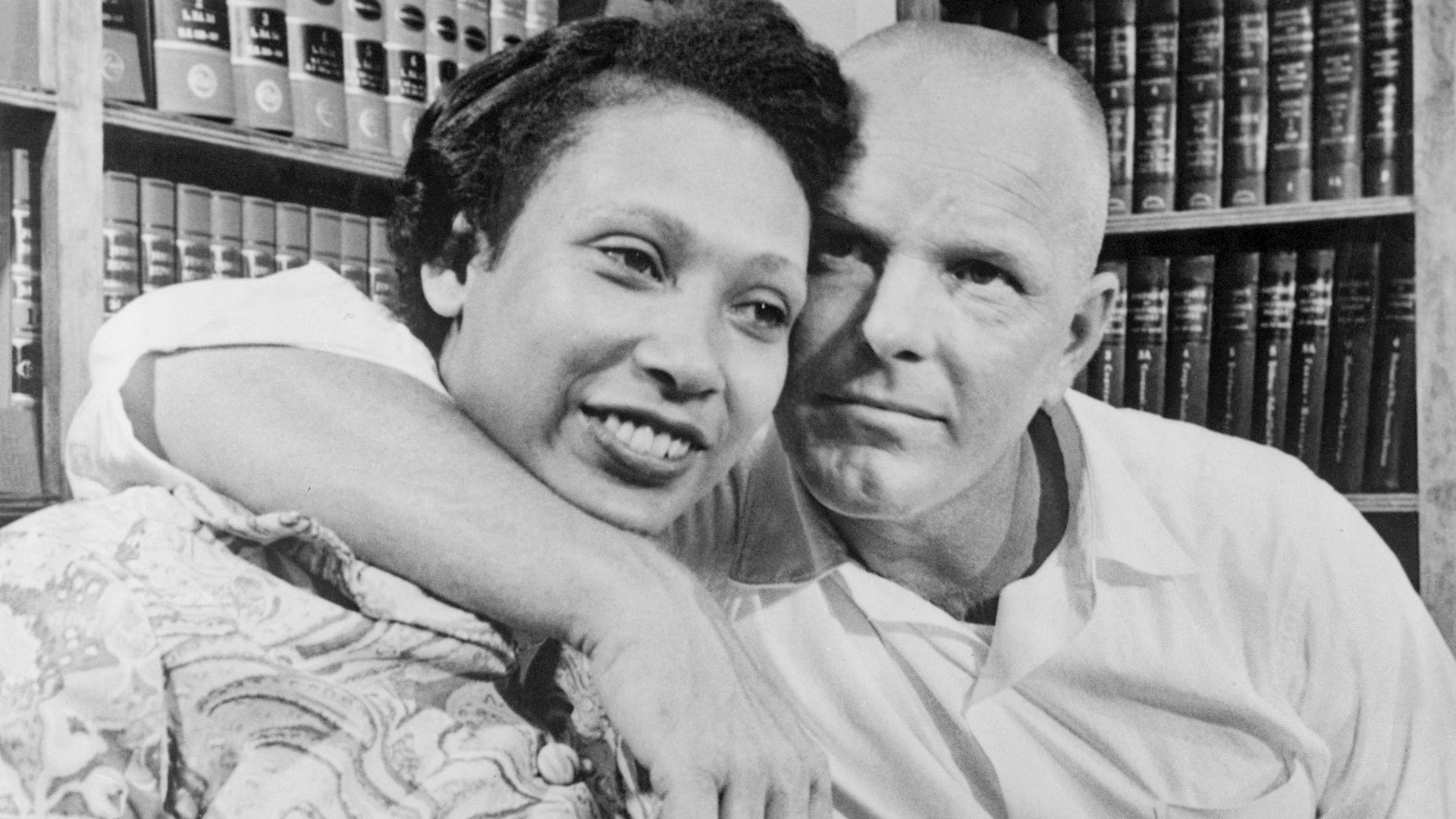The landmark Supreme Court case of Loving v Virginia marked a significant turning point in American history. The case, which was decided on June 12, 1967, struck down a state law that banned interracial marriage, effectively legalizing such unions across the United States.
The plaintiffs in the case, Richard and Mildred Loving, were an interracial couple who had been married in Washington, D.C., in 1958. However, when they returned to their home state of Virginia, they were arrested and charged with violating Virginia’s Racial Integrity Act of 1924, which prohibited marriages between “white” and “colored” individuals.

The Lovings pled guilty to the charges and was sentenced to one year in prison. However, the trial judge offered them a deal: they could avoid jail time if they agreed to leave Virginia and not return together for twenty-five years.
The Lovings moved to Washington, D.C., but they missed their home and family in Virginia. In 1963 they contacted the American Civil Liberties Union (ACLU) for help. The ACLU took on their case, and after several years of legal battles, the case finally reached the Supreme Court.
In a unanimous decision, the Court declared that Virginia’s ban on interracial marriage violated both the Due Process Clause and the Equal Protection Clause of the Fourteenth Amendment to the U.S. Constitution. The Court held that marriage is a fundamental right and that the freedom to marry, regardless of race, is a “basic civil right of man.”
The decision in Loving v. Virginia overturned laws banning interracial marriage in sixteen other states, and it paved the way for the legalization of same-sex marriage decades later. The case was a victory for civil rights and a significant step forward in the struggle for racial equality in the United States.
However, the Lovings’ fight was not without its challenges. They faced harassment and discrimination and were forced to live in fear of prosecution for years. Even after the Supreme Court decision, they still faced social and personal challenges as an interracial couple.
Despite these challenges, the Lovings remained committed to each other and to their cause. Their story is a testament to the power of love and the importance of standing up for what is right, even in the face of adversity.
Today, the Lovings’ legacy lives on through the Loving Day celebrations that take place across the country on June 12 each year. These celebrations honor the Lovings’ courage and dedication and serve as a reminder of the progress made in the fight for equality and justice in America.

Leave a Reply